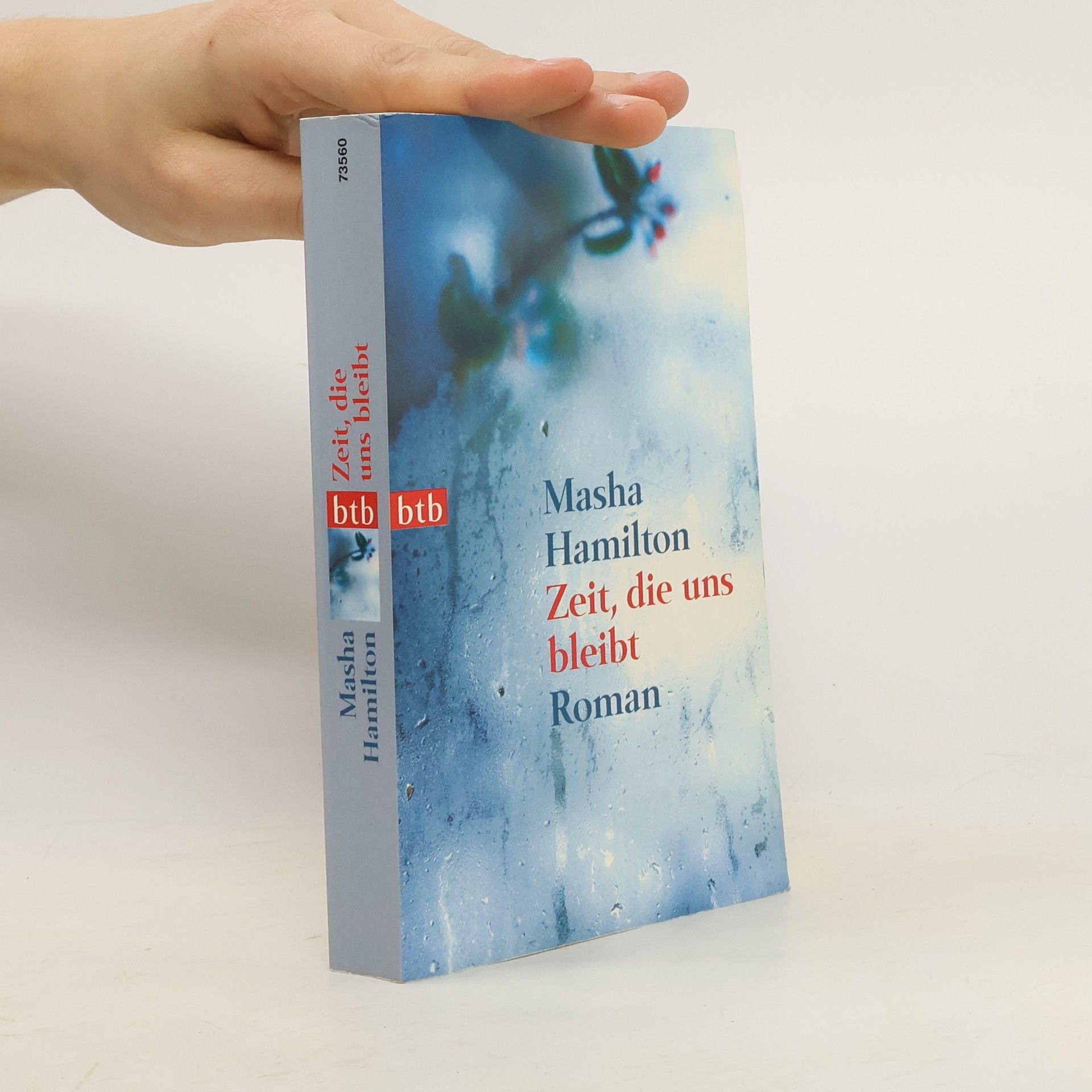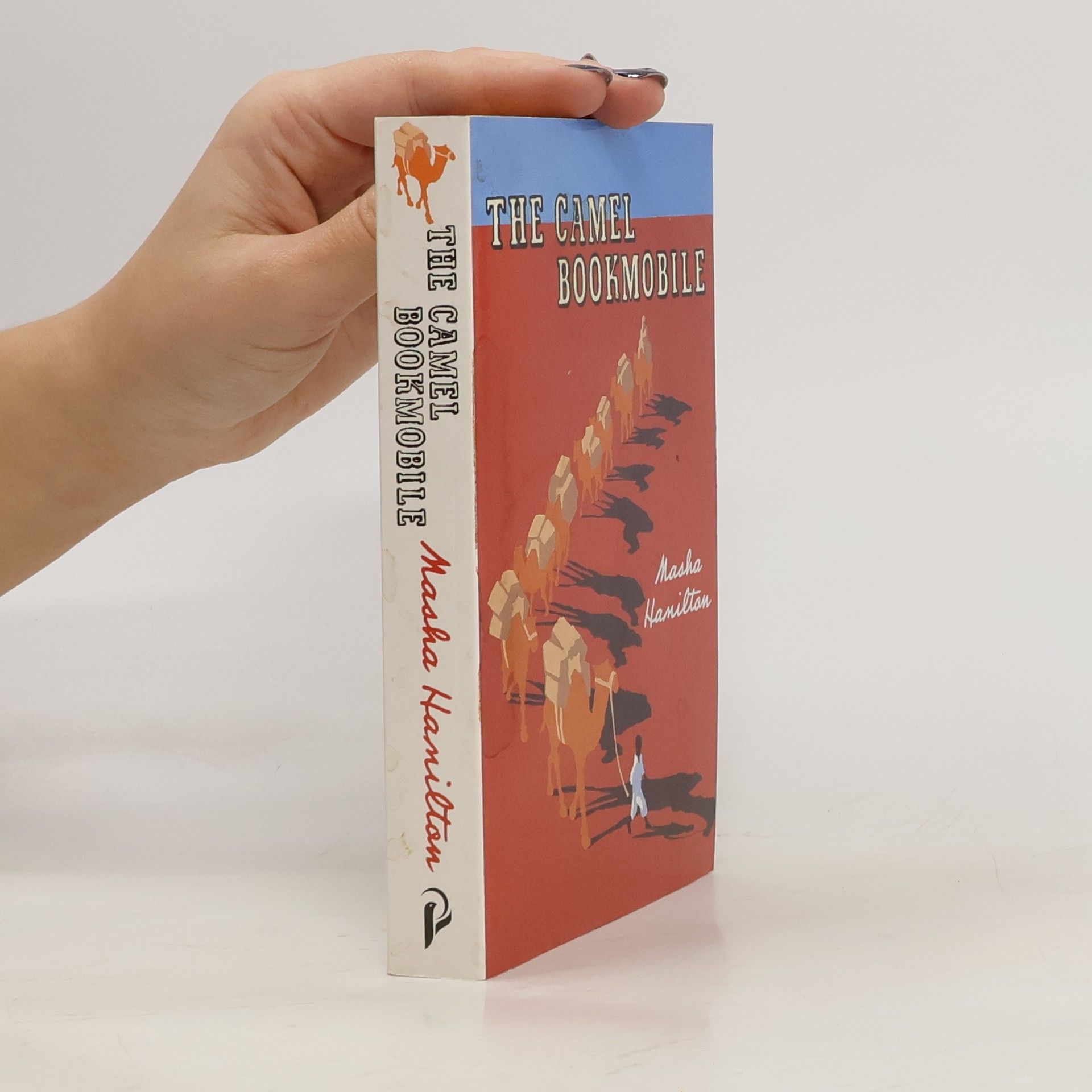The Camel Bookmobile
- 320pages
- 12 heures de lecture
Once a fortnight, the nomadic settlement of Madidima, set deep in the dusty Kenyan desert, awaits the arrival of three camels laden down with panniers of books. This is the Camel Bookmobile, a scheme set up to bring books to scattered tribes whose daily life is dominated by drought, famine and disease. Into their world comes an unexpected wealth of literature - from the adventures of Tom Sawyer to strange vegetarian cookbooks and Dr Seuss. Kanika, a young girl who lives with her grandmother, devours every book she can lay her hands on. Her best friend is Scar Boy, a child who was mauled at the age of three by a hyena. They are joined by Matani the village teacher, his alluring wife Jwahir and the drummaker Abayomi, as well as Mr Abasi, the camel driver, who is convinced that one of the camels is possessed by the spirit of his dead mother-in-law. The only condition of The Camel Bookmobile is that every book must be returned or else the visits will cease. Then one day a book is stolen...

